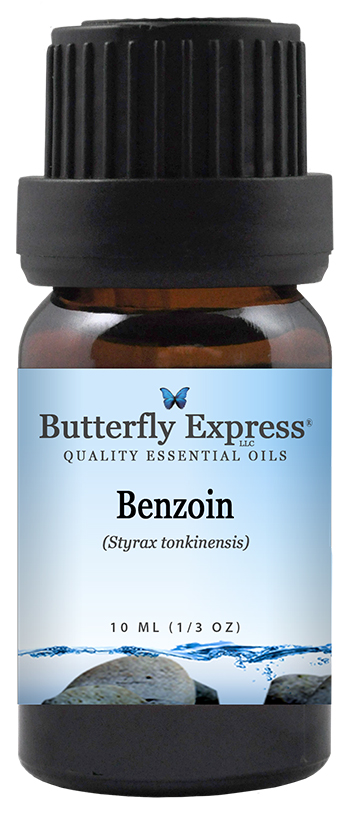Benzoin
(Styrax tonkinesis)
INGREDIENT IN: LeBelieve, LeDreams, LeEverlasting, LeHoliday Spirit, LeHousewarming, LeInsight, LeIntention, LeReconciliation, LeSanctuary, LeSego Lily, LeVictory
THERAPEUTIC PROPERTIES: antispasmodic, antidepressant, calmative, aphrodisiac
AFFINITY FOR: cytophylactic (promotes cell regeneration), circulation, yang energy, spleen meridian, earth energy
RESONANCE: physical, emotional
PLANT FAMILY: Ericaceae
PART UTILIZED: resin
EXTRACTION METHOD: steam and solvent
APPLICATION: Benzoin is particularly suited for diffusing or inhaling. It can be applied anywhere on the body including the feet.
AROMATIC CONSIDERATIONS: The aroma of Benzoin is slightly woody with a strong Vanilla scent. Diffused, Benzoin can aid recovery from extreme stress or deep depression.
EMOTIONAL - SPIRITUAL - MENTAL ASPECTS: Benzoin is useful for persons who feel unloved (or undeserving of love), even when surrounded by family and friends who love them deeply. Benzoin creates soft, warm, fuzzy feelings in the heart. It is like coming home at last from far away. This oil, even as a small percentage of a blend, helps one feel reassured and deeply supported.
Insufficient energy in the spleen meridian results in over-thinking and excessive worry. Benzoin raises this energy and soothes anxiety that is aggravated by exhaustion.
PHYSICAL ASPECTS: Benzoin is a powerful antimicrobial. It has a pronounced effect on congestion, literally “melting away” blockages in the lungs, lymphatic vessels, and intestines. Benzoin is used by far eastern physicians to treat respiratory and urinary disorders that are cold and damp in nature. Benzoin is a circulatory stimulant with an affinity for the tiny capillaries that feed the skin. Benzoin is thick and viscous, and is often used as a fixative to stabilize the aroma of oils and perfumes made from more volatile ingredients.
GENERAL INFORMATION: Benzoin is sometimes known as onycha oil. According to David Stewart, Ph.D., in The Chemistry of Essential Oils Made Simple, alcohol tinctures of Benzoin were used for more than 200 years in hospitals as the primary antiseptic. The medical profession then began using antiseptics derived from petroleum products because they were less expensive. It has become obvious during the last several years that bacteria are becoming resistant to these antiseptics. Bacteria do not become resistant to Benzoin, therefore, many hospitals are returning to the use of this natural antiseptic. The use of Benzoin, since it does not create resistant strains of bacteria, does not contribute to the worldwide problem of “super-bugs.”
©Copyright Butterfly Expressions 2020, 2021

